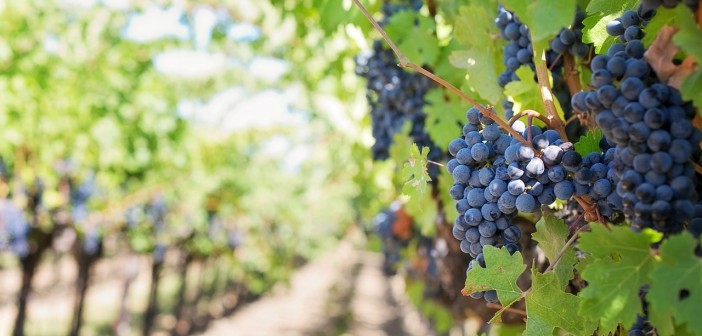Judith Sutera, a Benedictine sister, has spent decades as vinedresser for her monastery’s garden after careful apprenticeship with a mentor wise to the ways of fruitfulness. Below are lessons she learned about the ways fruitfulness occurs. They are from her book The Vinedresser’s Notebook: Spiritual Lessons in Pruning, Waiting, Harvesting, and Abundance, published by Abingdon Press and illustrated by Paul Soupiset. Church leaders do well to pay attention to the patterns of growth in the natural world from which Jesus drew so often.
Most of what we produce is simple, ordinary, and even imperceptible, like the nutrients flowing through the rest of the vine that make the fruit happen.
Pruning
You’re cutting for this year’s fruit, the vinedresser said, but also in the hope of many years to come.
The vinedresser put pruning shears in my hand and narrowed her eyes. “Think before you cut,” she commanded. “You can’t put shoots back on once they are cut off.”
Small Things
Being life-giving is more than just being a single branch producing an occasional bunch of colorful fruit. Most of what we produce is simple, ordinary, and even imperceptible, like the nutrients flowing through the rest of the vine that make the fruit happen.
Harvest
We can never be sure of what the harvest will be until it has happened. Sometimes the greatest gifts or the most powerful lessons aren’t the ones we initially thought they would be.
Finally, if you’ve worked masterfully and diligently and the weather has cooperated, the harvest comes.
Even the best vinedressers in the world will have a year with a poor harvest.
Fruitful No Longer
In our lives, as with the vine, there comes a time when what has been fruitful is no longer there. Then it is time to move not to despair but to something else that will be equally, or more, meaningful. What is gone cannot be reattached.
The Vinedresser’s Calling
“This is an awful lot of work,” I told my guide. “You have to do this all year round. You have to keep changing tactics. You have to think simultaneously in past, present, and future. You have to be in the vineyard, pay attention, and care.”
“Of course you do,” she said softly. “That’s what it means to be a vinedresser.”
The Vinedresser’s Notebook is available from Cokesbury and Amazon.
Related Resources:
- Fruitful Leadership for a Mission-Shaped Church by David McAllister-Wilson
- A Plentiful Harvest by Tom Berlin
- Church Leadership Holds Much in Common with Gardening by Robert K. Martin
- Bearing Fruit: Ministry with Real Results







